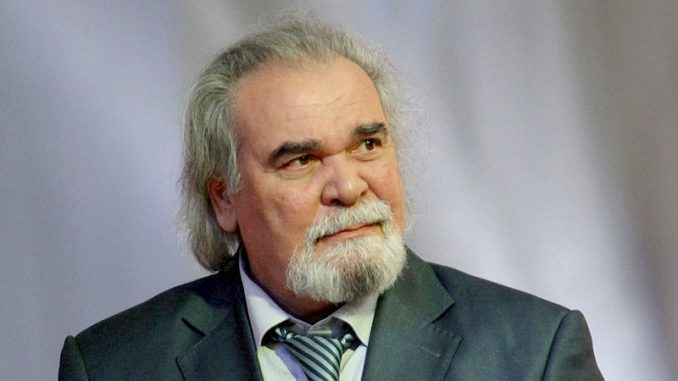
Mohamed Miftah, a Moroccan actor, was born on August 20, 1947, in Hay Mohammedi, Casablanca, Morocco.
Biography and life story of celebrity in English.
Basic info wiki card
Name in English: Mohamed Miftah
Name in Arabic: محمد مفتاح
Nationality: Morocco
Language: Arabic, Moroccan dialect
Religion: Islam (Sunni)
Date of Birth: August 20, 1947
Place of Birth: Hay Mohammedi, Casablanca, Morocco
Profession: Actor
Genre: Cinema, Theater, Arab Drama
Years Active: 1960 – Present
Biography, Life story
Mohamed Miftah was born on August 20, 1947, in Hay Mohammedi, Casablanca, Morocco. He lived through the tragedy of his mother’s murder by the French occupiers during the protests of August 20, 1953. A seasoned artist, he has participated in various Moroccan and Arab works and is considered one of the most prominent actors in the Arab scene. His artistic talents were discovered in 1960 at the youth center in Hay Mohammedi, Casablanca, where he participated in the play “Karkour Sidna Al-Sheikh.” He learned performance techniques, costumes, and theatrical space and later joined the theater group of the artist Tayeb Saddiki, presenting many plays, including “Momo Boukharsah,” “City of Copper,” “Diwan Sidi Abdul Rahman Al-Majdoub,” and “Maqamat Badi’ Al-Zaman Al-Hamadhani.”
He then transitioned to television and cinema, participating in the 1973 film “The Impossible Thing,” directed by American John Frankenheimer; however, the Israeli producer did not mention him in promotional materials because his name is “Mohamed.” He later appeared in Italian, English, and French films, as well as most Moroccan cinematic productions, such as “Neighbors of Abu Musa” directed by Mohamed Abdel Rahman Al-Tazi, “The Ghost of Nizar” directed by Kamal Kamal, and “Weekend” directed by Dawood Oulad Said.
Syrian television drama significantly transformed his career and granted him wide fame in the Arab world, making him the most recognized Moroccan actor among the Eastern audience, thanks to Syrian director Hatem Ali, who cast him in leading roles in several of his successful historical series, most of which were filmed in Moroccan cities. These include the three series about Al-Andalus: “The Falcon of Quresh” in 2002, “Andalusian Spring” in 2003, and “Kings of the Factions” in 2005. His role in “Kings of the Factions,” where he played Abu Bakr ibn Ammar, is arguably his most famous.
He starred alongside actor Mahmoud Abdel Aziz in the series “Bab Al-Khalq,” which aired on Egyptian television. He entered the fields of directing and production, presenting feature film projects like “Letters and Stones” and “Take Me With You.” He also participated in quick-to-produce Moroccan comedic works aired during Ramadan, such as the series “The Runaways” and “Live the Day, Hear the News,” expressing his dream of portraying the historical Moroccan leader Abd el-Krim al-Khattabi. He faced criticism for participating in silent roles where he acted without voice and was dubbed over, such as his role as the Companion Suhayb Al-Rumi in the film “The Message” directed by the late Mustafa Al-Aqqad and as the Companion Hamza ibn Abd al-Muttalib in the series “Omar ibn Al-Khattab” and the film “The Ghost of Nizar.” The justification for his voice being omitted in those roles was that his Arabic language was not fluent at that time.












Leave a Reply